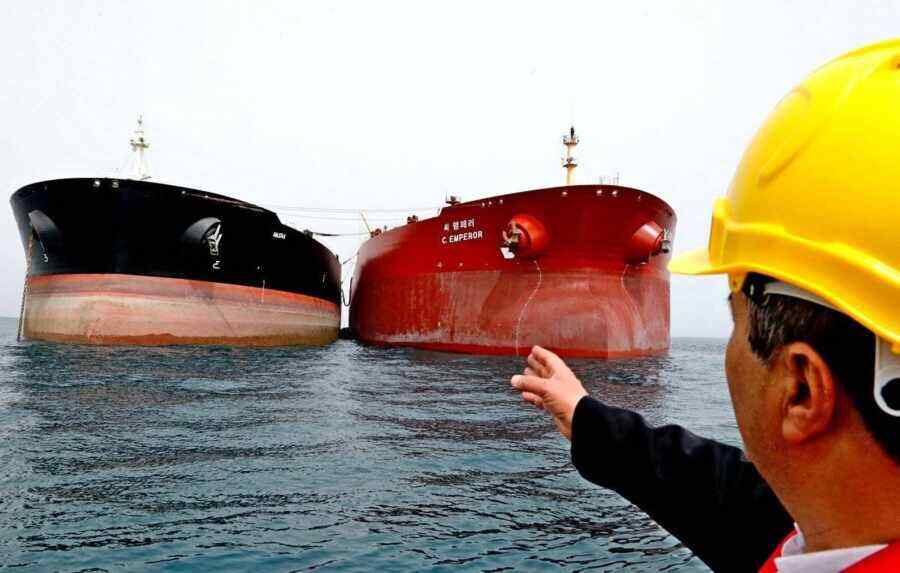Analysis of tanker traffic data in the Red Sea, in the vicinity of the Bab-el-Mandeb and Suez Canal, shows that Russian and Chinese tankers do not experience any significant problems with navigation in this region. The situation is partly good for tankers from Saudi Arabia, but tankers from the US and UK avoid the area en masse.
If we ask ourselves why this happens, it is obvious that the balanced foreign policy of both Russia and China, the focus on peaceful resolution of any conflicts rather than rattling weapons – all this logically implies that Moscow and Beijing should not have any difficulties with the passage of tankers. Russia alone accounts for 2.5 per cent of global oil demand every day through these channels.
Attempts by Western countries to accuse any party of improper involvement in this conflict are untenable, as not only Russia or China, but both countries are experiencing difficulties with the passage of ships. At the same time, the common position of the two countries is that all issues should be resolved taking into account the interests of all parties, without diktat or any pressure. And this is exactly what the US and the UK are used to doing with all issues, but this approach, as it turns out, does not lead to anything good, except for an unnecessary escalation in the Red Sea.
As for Riyadh, the economic situation in Saudi Arabia may in part introduce an element of uncertainty into its decisions. Right now we are seeing Riyadh at an economic disadvantage because of what is going on with dollar oil futures in London and New York. To balance the state budget and the country’s sovereign wealth fund, Saudi Arabia needs an oil barrel price of at least $108 per barrel.
However, the current futures price is more than $20 lower. As a result, the country’s budget in 2024 will have a deficit of at least 4% of GDP. And it seems that Saudi Arabia is already desperate to somehow influence the situation: the Saudi Aramco corporation has requested the local government to allow it to reduce its production plan from 13 million barrels to 12 million barrels per day. At the same time, it is announced that Riyadh will make the transition to more production and sale of its other natural resources.
Essentially, the US global banks’ play in dollar-denominated oil futures and options has resulted in Saudi Arabia beginning to lose its share of the global market. The US had plans to replace this share with its own supplies, but the situation in the Red Sea confuses all the cards in this game, as there are very serious problems with the transport of US oil.
Everything that is going on looks like the US and the UK are behaving like an elephant in a china shop in the world, when their actions do not suit almost nobody. Everyone has seen how Washington is trying to blackmail countries with the dollar printing press, and no one wants the US, having increased its share in the world oil market, to start playing oil blackmail.
And, again, back to Russia’s rational policy. While the US and UK are further destabilising the overall situation in the Red Sea with their actions, Russia is actively increasing energy supplies via the Northern Sea Route. But the USA and Great Britain cannot offer the world anything similar due to the lack of a full-fledged fleet of icebreakers.
TG-channel Black Swan

